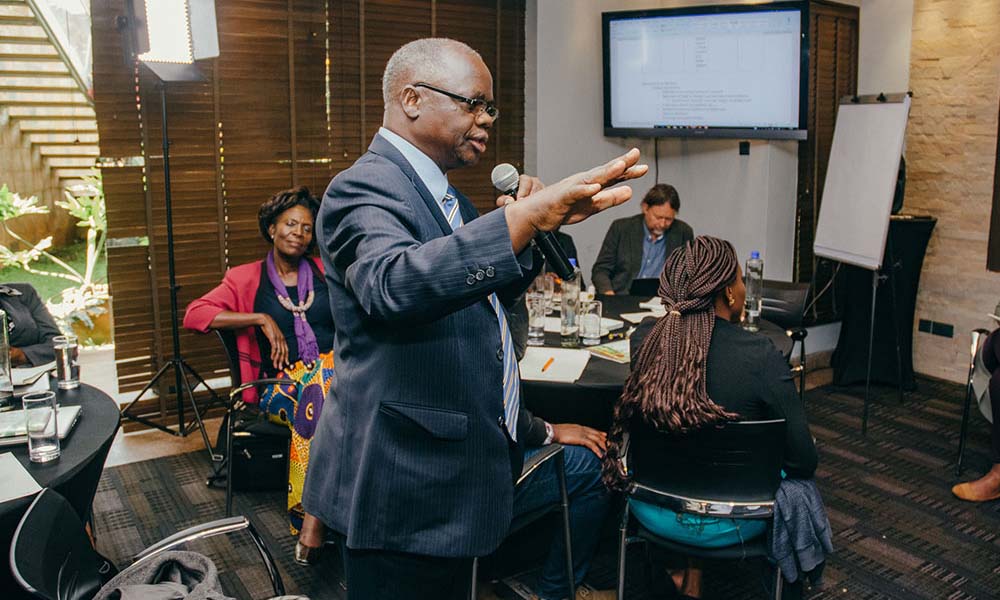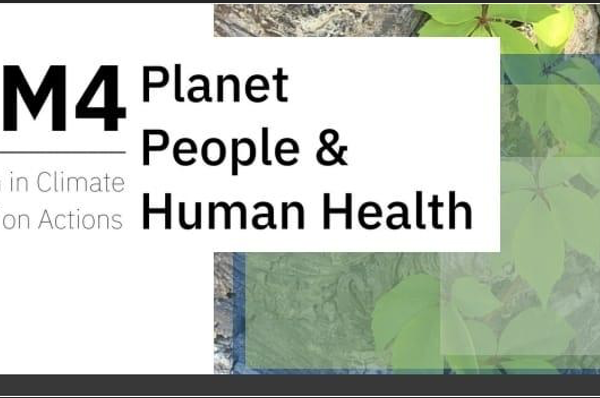The project examines past and prospective transformation efforts across the three areas of energy, agriculture, and urban digital environments, in five countries (Germany, India, Kenya, UK and US).
The project will address two key sets of questions:
1. Understanding COMPLEXITY
- How do socio-technical imaginaries differ across countries, sectors and time?
- What does this tell us about the complex connections between the economic, social and material dimensions of transformation?
- What do these imaginaries tell us about shortfalls in prior efforts at transformations toward sustainability?
2. Implications for GOVERNANCE
- How can a deeper understanding of these complexities inform more effective and equitable governance? And what are the practical and political implications of accounting for these?
- How can a better understanding of these complexities illuminate alternative pathways to sustainability transformation in the three key areas?
- Which globally-shared imaginations offer the most promise for future policy development?
Project Outputs
- The development of comparative case studies of transformations in the three sectors in the five countries.
- Archival and document research – using local archives and other forms of data collection. · Analysis of national laws and policies aimed at fostering transformations and relevant legal challenges and court decisions.
- Conducting interviews with policy-makers, businesses and members of civil society. · The exploration of images and other visual/non-verbal imaginaries such as films, TV, cartoons, internet memes.
- Engagement workshops in India and Kenya bringing together policy-makers, non-governmental organisations and community organisations.
Project Outcomes
- Drawing out relevant development lessons and identifying alternative choices and pathways to sustainability and,
- Fostering research and practice collaborations among all project partners and between academic and non-academic groups to strengthen a network for addressing sustainable development.


